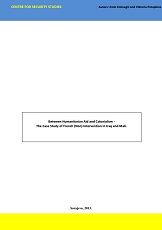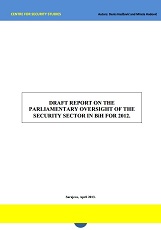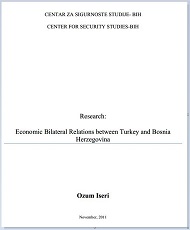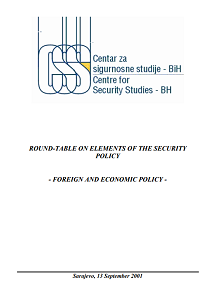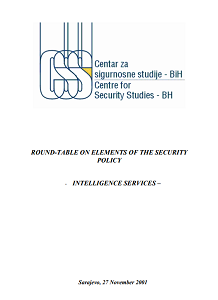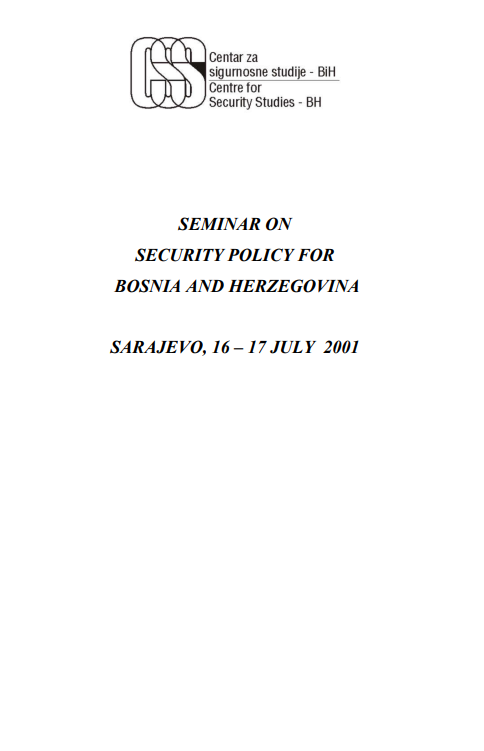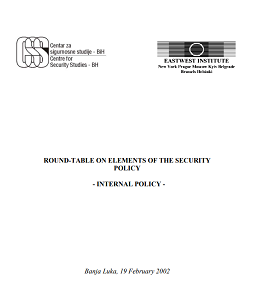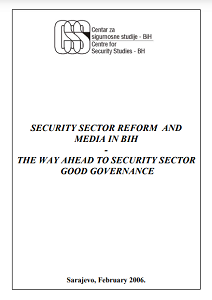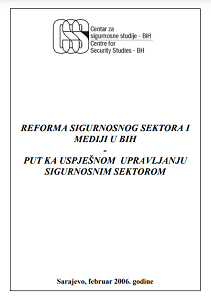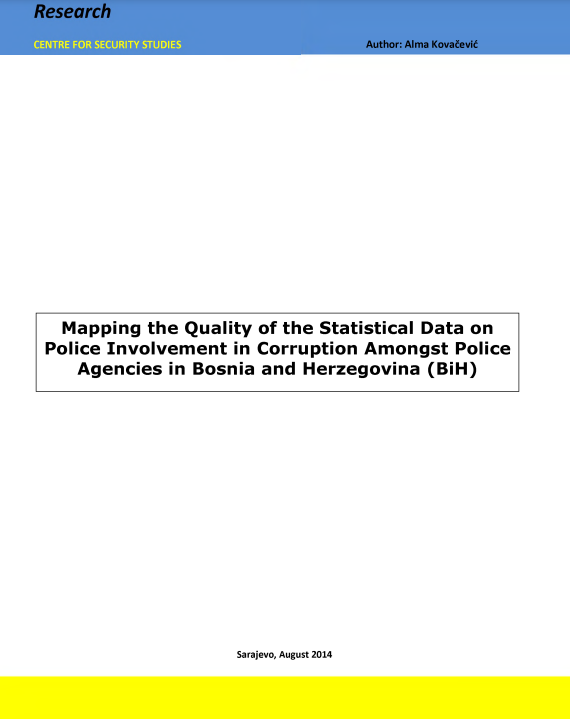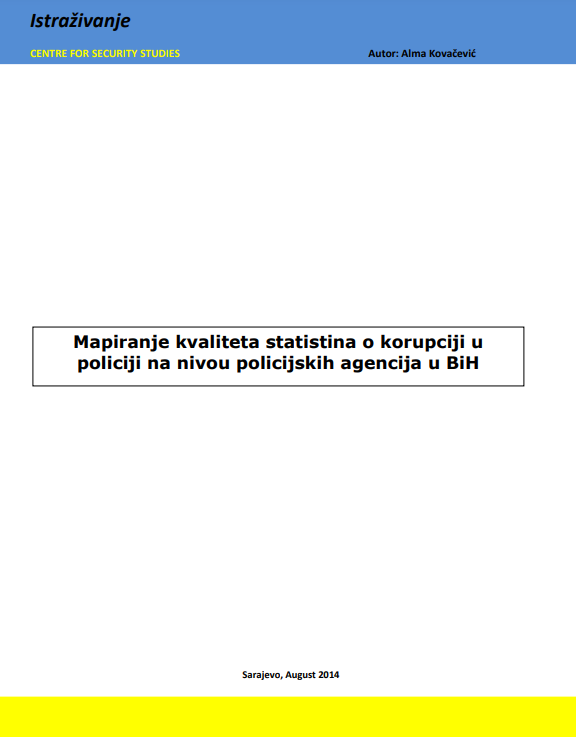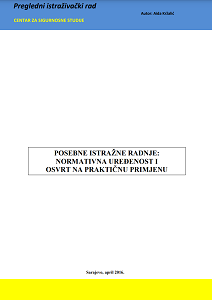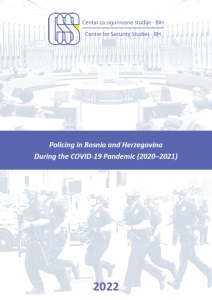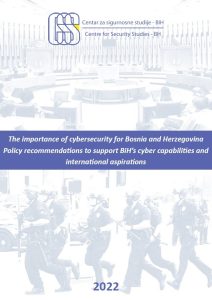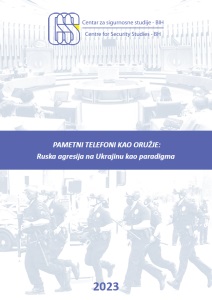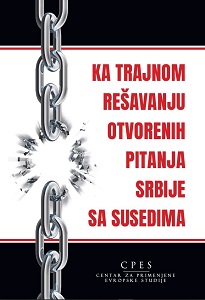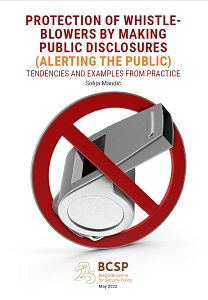Round-Table on Elements of the Security Policy - Intelligence Services -
Author(s): Bisera Turković,Matthias Sonn,Nikola Špirić,Kalman Kocsis,Joy M. Wijnen Riems,Bogić Bogićević,Mirsad Abazović,Izet Žigić / Language(s): English
Keywords: round-table; BiH; security; policy; intelligence services;
I would like to greet you on behalf of the Centre for Security Studies, which today has organised this round-table. For your information, especially for those of who today are with us, the Centre for Security Studies has organised a project on the adoption of a statelevel security policy for Bosnia and Herzegovina. We commenced with a seminar on this theme in July, and after this, we organised a round-table on two elements of the security policy – foreign policy and economic policy. Today's round-table is dedicated to the intelligence-security services, especially the intelligence-security service. I think that all shall agree that reform of the security system is essential for the political, social and economic policy of every country, as well as BiH. At the same time this is also an exceptionally sensitive political theme. Naturally, we do not think that this round-table will succeed to find a solution for the existing problems in this field, but we hope that we shall have an open discussion, a discussion with different positions and viewpoints; a discussion in which we shall be able to see the experiences of different countries and in which manner their intelligence service systems exist and cooperate, and on which conditions they are established. When speaking about Bosnia and Herzegovina, generally it is known that there exists opposing political views on this theme. I would not like to be judge of who is right, nor to advocate a specific viewpoint, because that is not the role of this Centre; however, allow me to direct your attention towards a number of essential issues, for which I hope this round-table nevertheless will be able to offer a response. The question is whether in Bosnia and Herzegovina we can, alongside the full appreciation of our constitutional framework, speak concerning the problems of the organization and activities of our system of intelligence services? We are speaking concerning the division of the different intelligence systems. Does there exist a system or systems that represent a guarantee for the citizens, peoples and country, or does this represent an element that jeopardizes peace and security? Does BiH generally need to establish a single security-intelligence system, and would this mean the establishment of that type of system without full political will? Would this mean that we shall have merely a formal unit at the top, and essentially ethnic components that would act as separate systems? Or would the establishment of a single intelligence security system be better even in this form than a completely separated system? Are today’s intelligence services seen as serious partners, for the exchange of information with other intelligence services, and what would generally be required in order for the security services to be accepted as a serious partner in the exchange of information? Do the existing structures in this country accept the current situation and organizations for negotiations for the exchange of information? What would be the orientation and tasks of a new single security system? Without the restructuring of the intelligence-security system, is it possible that BiH could be a bearer of further democratic processes? This question takes into consideration the globalization of threats, for which we can merely mention the terrorist act of 11 September, which sent a warning to all the democratic and peace-loving elements of the world that they must harmonize their efforts in safeguarding peace and security; and that is the priority that concerns the intelligence services of the democratic world. Are we and can we be a partner in further democratic development and democratic institutions with this type of system of intelligence services? These are only some of the issues, and I believe that you shall pose many others concerning the issues that we shall discuss here today. With prejudging what would be the correct response, I would ask all participants to make possible a very open discussion, in which to remove all positions that would be contradictory. Let us see what is the smallest possible denominator on which we can base a future solution. I would now ask the highly respected Ambassador Matthias Sonn, Deputy High Representative, to open this round-table.
More...
